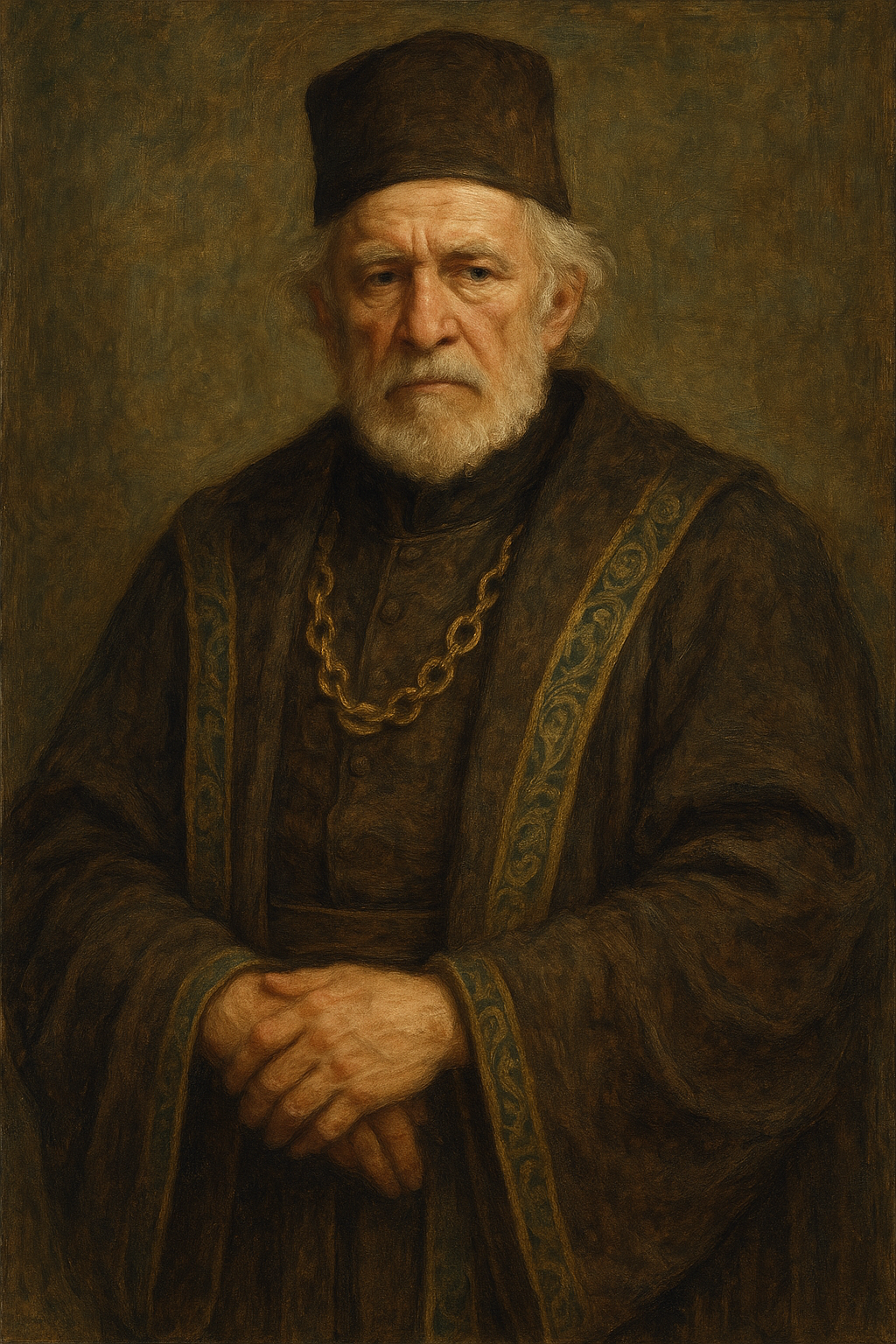John Grant
John Grant is the current and long-standing Lord-Governor of Sunica, a figure as weathered and enduring as the salt-rimed cliffs that surround his city. In his seventh decade, Grant is considered one of the oldest sitting officials in the Crownlands, and a symbol of defiant civic integrity in a city increasingly overshadowed by economic powerhouses like the Sultan Union.
A Life Carved from Salt and Stone
Born in Sunica during a time when the city was still clawing its way into relevance, John Grant has lived through droughts, salt wars, trade booms, and political betrayals. He began as a naval surveyor and ascended through the ranks not by blood or gold, but through loyalty, diplomacy, and a stern understanding of Sunica’s needs. Unlike the younger technocrats or the merchants who measure worth in coin, Grant governs with a deep sense of responsibility to the land, the sea, and the people. He is not a populist, but his weathered presence and gruff honesty have earned him genuine trust—especially among salt harvesters, dockworkers, and mountain scouts. Despite his advanced age, Grant refuses to step down, believing that his presence is the last wall between Sunica’s independence and its total corporate annexation.Tensions with the Sultan Union
Grant’s reign has been marked by growing friction with the Sultan Union, the powerful mining and salt-trade conglomerate that now controls nearly every logistical artery in and out of the city. While he once cooperated with the Union in its early stages, he now publicly resists their expansionist agenda—especially their encroachment into Salt Island territory and their shadowy political dealings. He has rejected bribes, blocked expansion permits, and vetoed proposals to privatize Sunica’s water supply—decisions that have cost him allies in the council but elevated him to a folk-hero status among traditionalists and isolationists. Some say he is the only man Benon Taylor, the Sultan Union's chairman, considers a true obstacle.Style of Rule
Grant’s leadership is defined by discipline and moderation. He rarely delivers fiery speeches but instead issues carefully worded statements that reflect both strategic caution and quiet defiance. His presence at the Salt Council is always marked by his weather-beaten coat, seal-ink walking stick, and his ritual greeting:“The salt is sacred. The land is weary. Let’s not waste breath.”He believes in subsistence over spectacle, often investing more in infrastructure, aqueduct maintenance, and defense patrols than trade festivals or luxury development. Despite this, the city has grown under his guidance, albeit more slowly than its eastern neighbors.




Comments